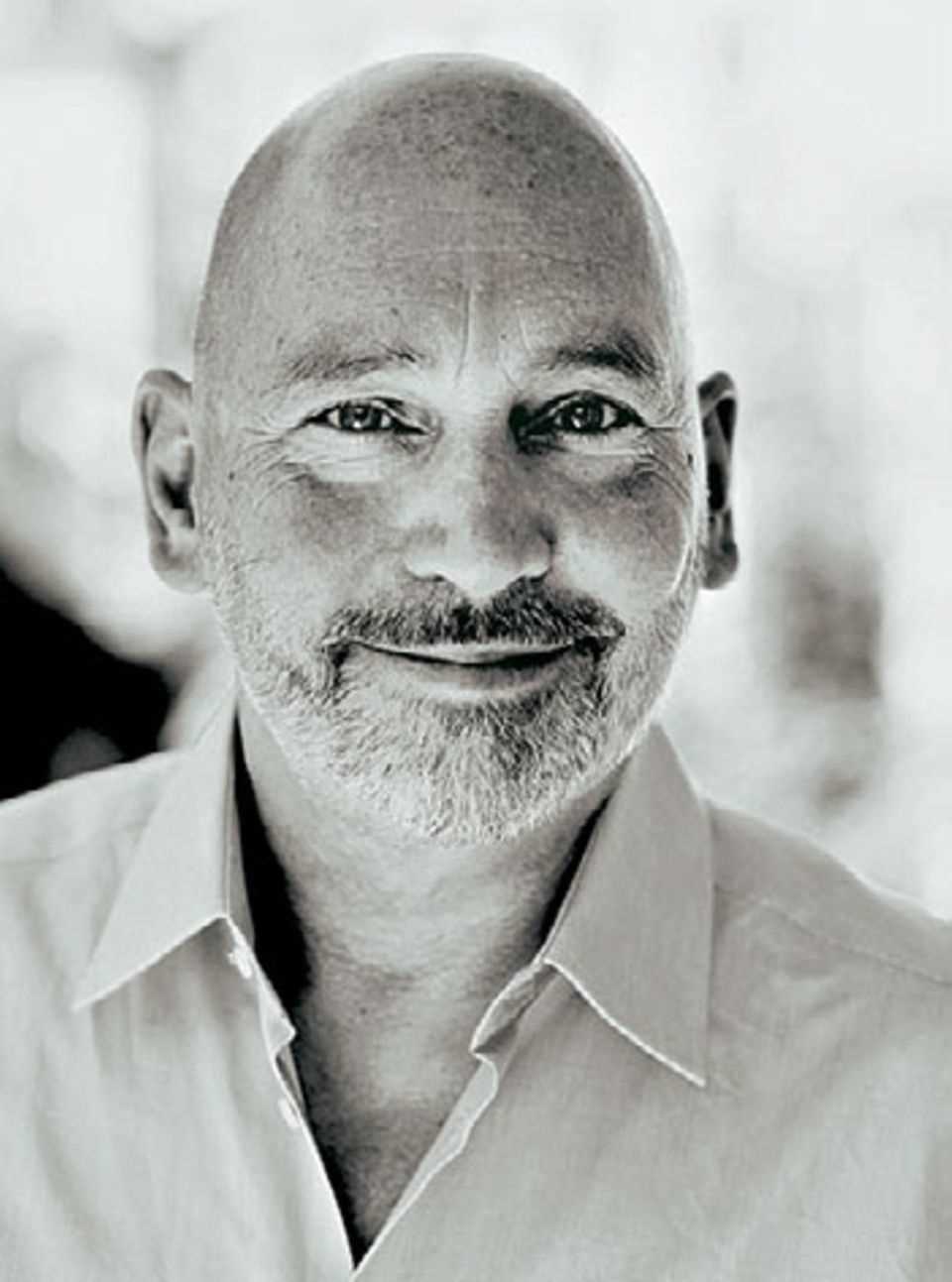Love is the answer to all questions? Not quite. She also provides quite a few. Psychologist and couple therapist Oskar Holzberg answers them all.
Ben and Jenny have sex almost every day. Gunda and Martin occasionally have sex. Olaf and Edmund have sex very occasionally. And Anne and Toni? They don’t even have sex. “Casual sex” falls into the “problematic but tolerable” category. But “no sex at all”? When couples say they’re not having sex, they usually do so with shame, as if they’re doing something wrong. If a couple no longer has sex at all, I, as a therapist, want to find out why it is and how it can be changed. Because it’s true: In many cases, sexlessness is caused by a lack of trust, disappointments, a lack of closeness or unresolved conflicts.
Sometimes more than just sex is missing
And yet there doesn’t always have to be a problem lurking behind the lack of sex. It can also be perfectly fine for a loving couple not to have sex. A couple can have an intense physical relationship that is not sexual. Connecting closeness and intimacy are based on openness and are not dependent on sexuality. Couples can lack a lot: humor, closeness, understanding, common interests, money, work, time. All of this is difficult. But nothing unsettles couples like not having sex. More precisely: not to have sex anymore.
It’s a fixed rule in our heads: it’s possible to have sex without being or becoming lovers. But it is not possible to become lovers without having sex together. As a wedding and wedding night still haunted our brains firmly connected. In addition, sex is the protective demarcation of our love relationships. No sex with others! A perfectly understandable line of demarcation. Because sex can be immediate intimacy, makes our bonding hormones bubble and babies can form.

Oskar Holzberg has been advising couples in his Hamburg practice for more than 20 years and is repeatedly asked relationship questions. His current book is called: “New key sentences of love”.
© Ilona Habben
How safe can a boundary be that consists of excluding everyone else from our sex life when we have no sex life at all? Is my partner really not looking for sex – or just with me, and he is still missing something? Isn’t sex an innate need after all? Are we really kidding ourselves when we assure each other that we don’t need sex? You have to talk about that. But couples who answer these questions honestly and consistently can be happy without sex. In surveys there are always between 10 percent and 30 percent, both women and men, who say that sex is not important to them. But we are a sexed society. Sexiness has a high priority and is an important pillar of our self-confidence. Why sometimes even the first step is difficult: The fear of revealing your sexual disinterest to your partner. A couple who does not have sex must learn to assert their sexlessness with self-confidence and to withstand the skeptical eyes of those around them. Because it’s easier for a couple to be happy without sex than it is to feel right about it.
Taboo topic: life without sexuality
The film and advertising industry plays it to us: Every functioning relationship just sparkles with sexuality and lust. Couples who don’t have a sex life in series and co. automatically struggle with problems. A partnership without sex in a film? We haven’t seen that often. And maybe this is where the problem lies. If our environment constantly encounters us with sexualized energy, how can a relationship without sexuality be freed from taboos?
We don’t have to deny sex its importance. Rather, the inflated meaning that circulates socially should be adjusted to true human needs. Many people still assume that marriage without sex is not “normal” and that something is wrong with them. An open exchange and more education in this area is needed to destigmatize the topic of life without sexuality.
Can a relationship work without sex?
Rather, the question for you should be what it takes for you to feel comfortable in a partnership and what needs must be satisfied for a relationship to work. We shouldn’t put sex above everything else in a relationship and in life. In the first few years, sexuality is still one of the most important things in life, but over time desire can change, problems and phases of illness, stress and worry overshadow sex life and we notice that other forms of tenderness are more important to us than sexual intercourse. There’s no recipe for the perfect relationship, and more importantly, sex doesn’t solve every problem. Needs change, the only important thing is to share them with your partner and to find a solution for everyone.
Instead of sex, the following things can become more important to you in the relationship:
- Physical closeness and tenderness such as cuddling, holding hands and hugs
- In-Depth Conversations
- Mutual respect
What to do if a person still wants sex
Couples develop different needs, which may include one partner continuing to feel pleasure while the other party does not. It is important to let the other person participate in life and needs, because the partnership can continue to function well. It is also worth considering why a person no longer wants sex. Has something changed in the relationship that has a negative effect on lust? Could the lust be rekindled? Sometimes talking about sexual preferences helps to get sexuality back on track.
If it turns out during the conversation that sex is very important to a partner in life and the other person would rather do without it and simply no longer enjoy it, couples therapy can solve the problem in its depths so that the partnership can continue to function and the needs of each and every individual are met.
You may also be interested in these topics: Unhappy Marriage, Saving a Marriage and Soul Love
Get BRIGITTE as a subscription – with many advantages. You can order them directly here.
Sources used:apotheken-umschau.de, statista.de
